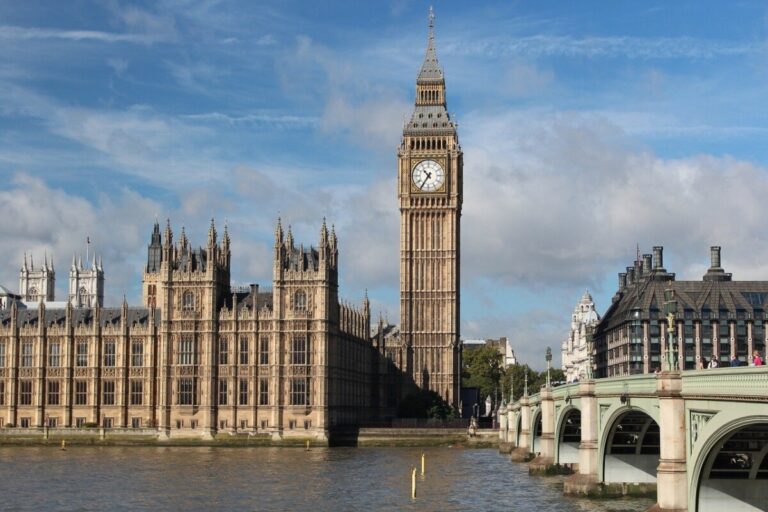Starmer’s Cabinet has 8 Members with charity experience, analysis shows

New Pro Bono Economics (PBE) analysis of the Cabinet’s pre-parliamentary CVs reveals that eight have worked in the charity sector: a quadrupling of charity experience at the top of government.
The research is shared in a blog on the Pro Bono Economics site by Nicole Sykes, its Director of Policy and Communications and Jack Larkham, Senior Research and Policy Analyst.
Balance of experience
The findings shows a more balanced Cabinet in terms of experience, with Starmer’s Cabinet having 11 Members with private sector experience, 9 politics, 8 local government, 8 charity, 7 public sector and 3 with union experience.
Advertisement
In comparison, the pre-parliamentary experience of Sunak’s Cabinet Members was as follows: 28 with private sector experience, 11 politics, 5 local government, 2 charity, 11 public sector, and 3 with union experience.
Elsewhere, the low number of privately educated Members in the new Cabinet has also been highlighted.
In the blog, Sykes and Larkham highlight that “the last and only time that many Cabinet members had charity sector experience was during Gordon Brown’s premiership. Nevertheless, this new Cabinet has a greater depth and breadth of charity experience than Brown’s did.”
“Substantive” charity experience
Liz Kendall spent some years at the Maternity Alliance, while Lisa Nandy previously worked at both Centrepoint and the Children’s Society, Wes Streeting was employed by the Helena Kennedy Foundation and Stonewall, and Secretary of State for Science, Innovation and Technology Peter Kyle, spent five years as Deputy Chief Executive of ACEVO.
Sykes and Larkham continue:
“That level of substantive employment was not present among Brown’s appointees. Further bolstered by having four former civil society Ministers or Shadows among its ranks (Baroness Smith, Ed Miliband, Lisa Nandy and Steve Reed), it makes Starmer’s new Cabinet one with the strongest charity sector background in modern history.”
No guarantee but an opportunity to grasp
Sykes and Larkham also examine the possible impact this might have on how the new government regards the sector, highlighting that while “a number of charity-friendly steps were implemented and set into motion during Brown’s time in Number 10”, financial crisis later meant “enormous cuts” to government grants to charities. The blog adds that “A Cabinet with significant experience in the charity sector oversaw cuts of £1 billion – as much as 22% – in grant funding to charities between 2007/08 and 2009/10.”
The number of crises the new Labour government have to deal with means that it is essential that the charity sector works together to prevent a situation like this happening again, they say. The amount of charity sector experience Cabinet Members hold means they already know its challenges, and as a result Sykes and Larkham say, “organisations trying to influence can jump straight to the change that’s needed – an efficiency that’s likely to be welcome at this time of immense pressure.”
While a Cabinet with this level of charity sector experience won’t be a “magical solution” to its issues, Sykes and Larkham conclude, it could be an important opportunity.
242 MPs with charity experience
Overall, 242 MPs have publicly advertised having backgrounds in the charity sector. Pro Bono Economics has also published a free resource sharing that information. It shows in what capacity they have been involved with charities, such as through volunteering, being a Trustee or Director, or through fundraising.
Women MPs at record high
In a Huffington Post article, Lyanne Nicholl, CEO of 50:50 Parliament also pointed out that women MPs are at a record high, with 264 appointed to parliament. This means parliament is now over 40% women, up from 35%. These include Melanie Ward: someone else with charity experience, who stands down as CEO of Medical Aid for Palestinians to become MP.




